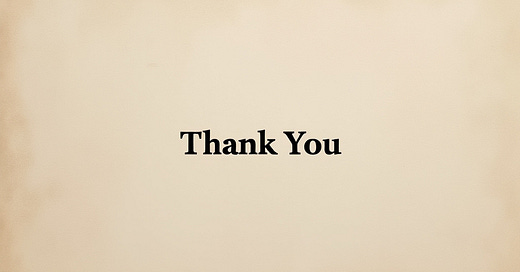Hello everyone,
I know there is a huge appetite for stories about Russia’s invasion of Ukraine and I am sure that many of you will be busy reading as much as you can about that. Proximities, though, will stick to business as usual and focus on non-Western stories. I anticipate such stories will be harder to find now, as even the news organizations who do excellent reporting outside of the West will be diverting resources to cover the Ukraine story. While I won’t be compiling stories on what is happening in Ukraine itself, I will look out for impacts the war may have outside the West that will likely be underreported, such as our first story today.
All bests,
Barry.
Wheat
A rare occasion when a Proximities story is not headlined with a country name and that’s because this one has the potential to affect several disparate nations. Wheat prices hit a record high today because Russia and Ukraine are two of the biggest suppliers of the grain, exporting more than a quarter of the world’s wheat between them. They also supply huge amounts to several countries in the Middle East, which have fragile economies or are going through their own conflicts such as Libya, Yemen and Tunisia. Why is this so important? Because rising food prices can destabilize nations. There are few things that get people protesting in the streets as fast and, to give just one stark example, some 70 percent of Egypt’s wheat comes from Russia and Ukraine. The Arab Spring in 2011 was partly sparked by surging food prices.
More from the New Arab here.
Yemen
With all eyes on Ukraine, expect other governments to try to slip nefarious acts under the radar. This one was hard to find any record of in English but the Saudi-led coalition fighting Houthi rebels in Yemen has launched 28 strikes on the country in just the last 24 hours. The UN estimates 377,000 people have died since the war erupted seven years ago, either on the battlefield or from starvation and disease.
More from Arab News Japan here.
Israel-Palestine
Israel and Palestine’s UN ambassadors have had a bad tempered exchange at the UN Security Council’s monthly meeting on the Middle East, with Israel’s Gilad Erdan rejecting accusations of apartheid from Palestine’s Riyad Mansour, who wore a mask saying “End Apartheid.” Several international rights groups, including Amnesty International and Human Rights Watch, have recently said that Israel’s actions against Palestinians constitute apartheid, which is a crime against humanity.
More from AP here.










